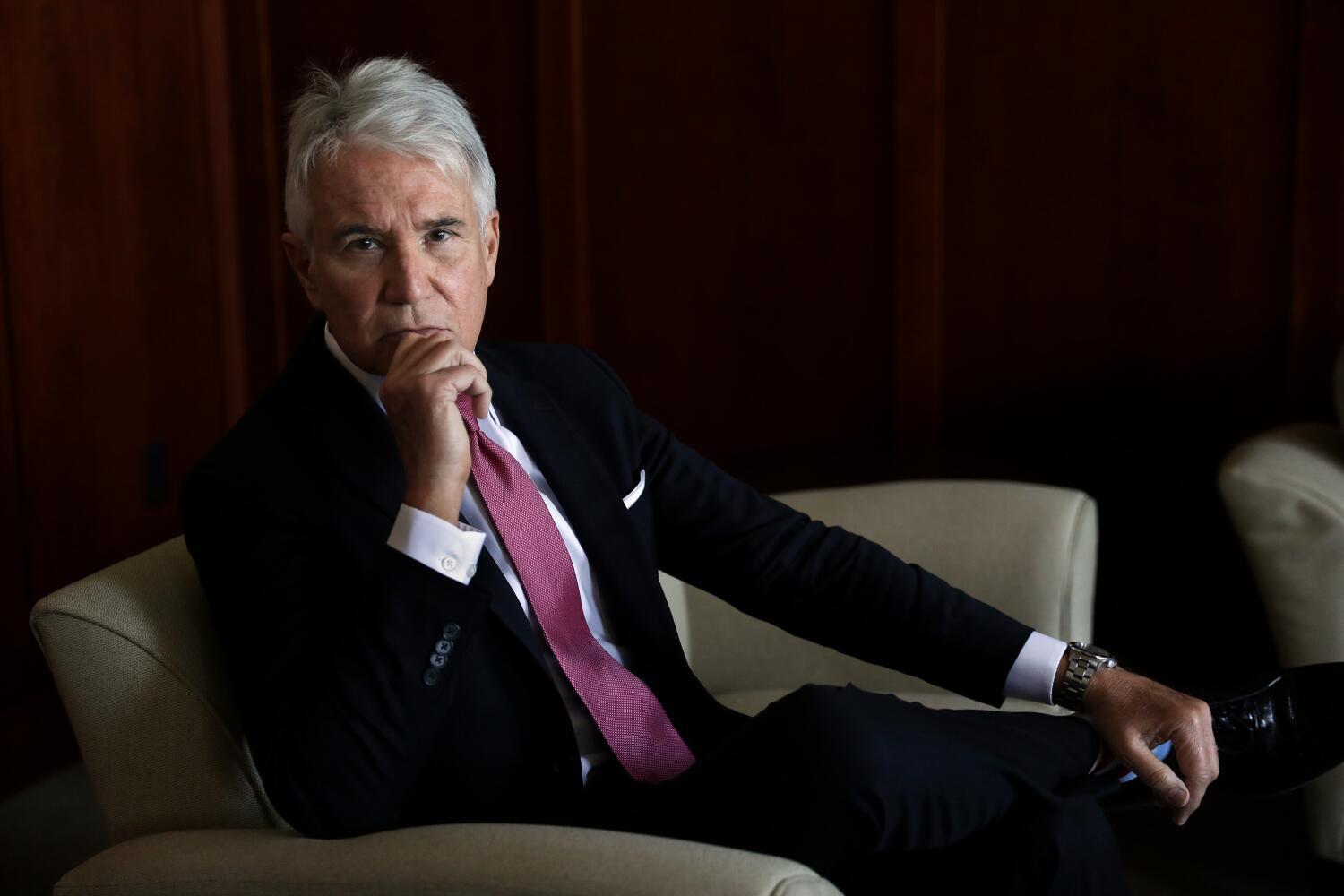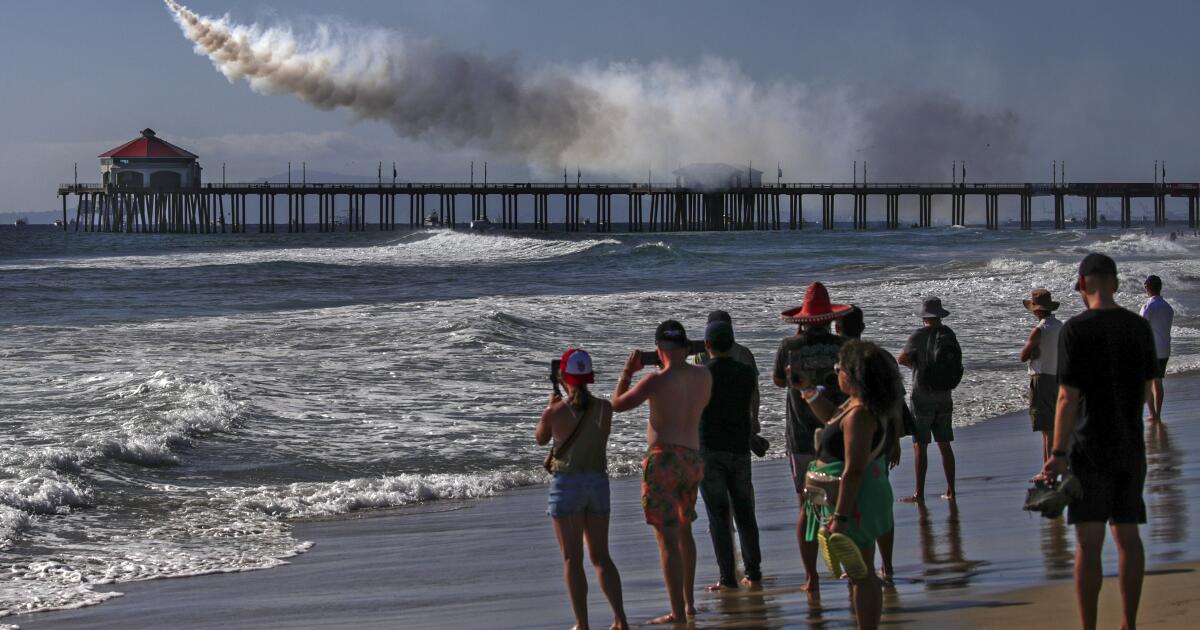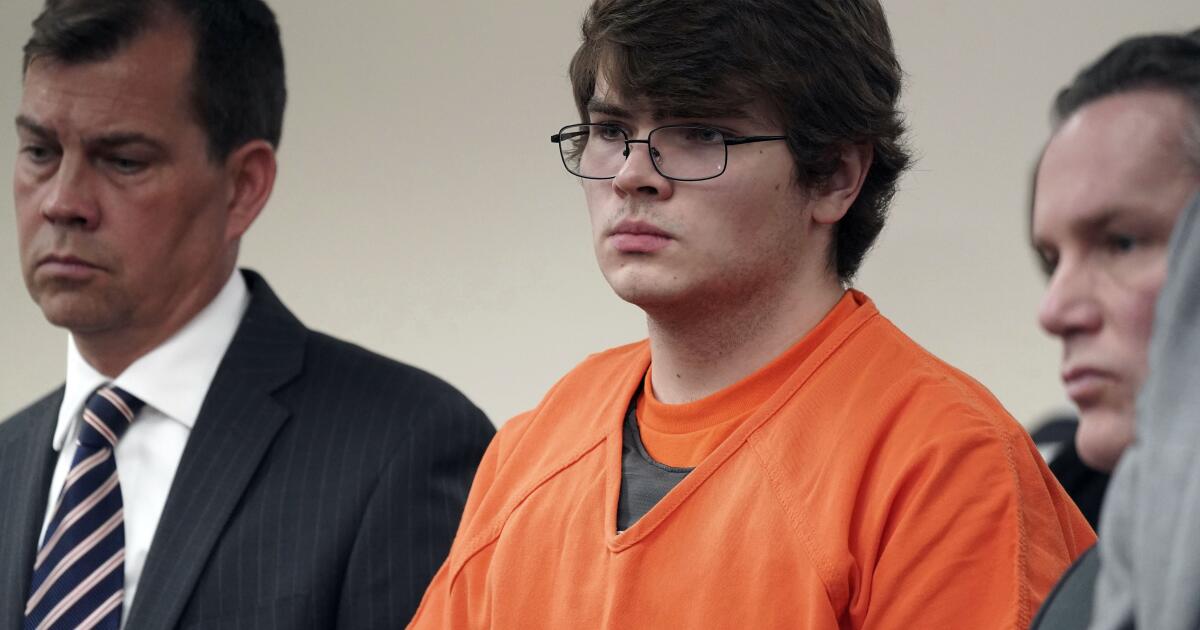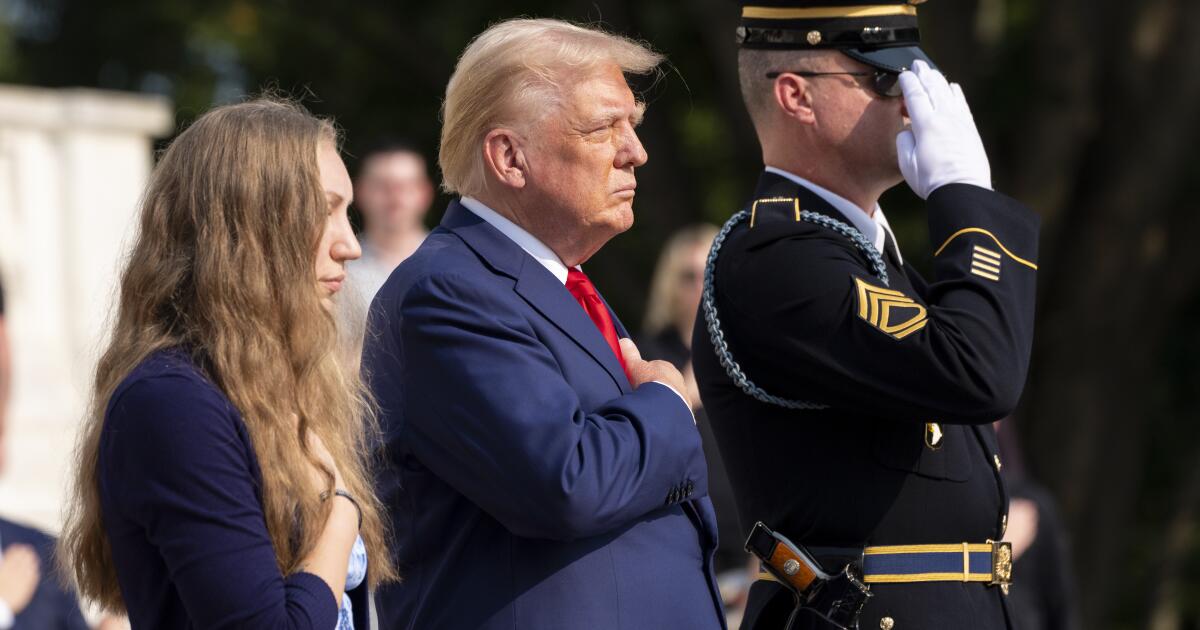
George Gascón was elected Los Angeles County district attorney in 2020, a tumultuous year in which American lives were upended by the pandemic and public trust in the criminal justice system was shaken by the murder of George Floyd. The latter led to an analysis of racial inequality in arrests, prosecutions, and punishments. Voters wanted Gascón to set a corrective course in the country's largest local jurisdiction while keeping people safe.
He is doing what he promised, and he is doing it well, despite the intense and dishonest backlash from his opponents within his office and among right-wing politicians and pundits across the country. Los Angeles County voters would do well to reject this nonsense and keep Gascón in office and keep criminal justice reform in place.
Falsehoods about his policies and about the apocalyptic landscape that Los Angeles has supposedly become because of them are widespread, to the point that voters who supported him three and a half years ago may have forgotten why.
So let's remember who he is and why he was the right choice then and now.
Gascón is a former police officer who rose through the ranks to become deputy chief of the LAPD under William Bratton. He later became police chief in Mesa, Arizona, a conservative city adjacent to Phoenix and the third most populous municipality in Arizona. From there he became chief of the San Francisco Police Department and then San Francisco district attorney.
This experience gives you first-hand knowledge of the criminal justice system from the grassroots level. Gascón knows what police officers face on the street, how they think, how they can sometimes make mistakes, and how police and prosecutors together serve and sometimes distort justice. He is the only Los Angeles County district attorney in the last century, and perhaps in history, to take the job after learning the ropes in a parallel position in another county. Other prosecutors may know the courtroom; Gascón knows the system.
Los Angeles voters elected him because he correctly saw the counterproductive nature of a system that doesn't know when to stop punishing. By studying the data, Gascón realized that punishment must be “dosed” appropriately, just like medication. Too much for too long, the figures show, and the imprisoned offender is broken rather than corrected, he loses the ability to reintegrate responsibly into society and is more likely to reoffend. That phenomenon has endangered us all for too long and perpetuated multigenerational racial inequalities by disproportionately locking up Black and Latino Angelenos and leaving too many families without two parents present.
Gascón's policies seek the most appropriate sentences and not the longest possible. This smart approach was such a departure from older, failed strategies that the MAGA right quickly distorted it with the false narrative that Gascón refuses to prosecute misdemeanors and generally avoids prosecuting serious crimes.
This fairy tale is so ingrained that several of his rivals repeated it during the election campaign, and one of them, the former assistant US attorney. Nathan Hochman told the Times editorial board. When asked to present evidence, he could not, because there is no such policy. This is particularly concerning because the former Republican has attracted support from Republican donors across the country.
Additionally, jurisdiction over the prosecution of misdemeanors in more than half of the county (including the cities of Los Angeles, Pasadena and Santa Monica) rests with city attorneys, not Gascón's office.
In terms of serious crimes, the number of cases filed during his term is on par with previous administrations. The argument that Gascón is lax or lenient on crime simply does not hold up to the facts. The various increases in crime in recent years, erroneously attributed to Gascón, occurred throughout the country and have largely decreased. Procedural policies have no short-term effects on crime.
Seven of Gascón's 11 rivals in the March primary are current or former Los Angeles deputy district attorneys who strongly oppose the office's direction and the 2020 voter decision. They vow to bring back archaic and unfair sentencing policies , and the majority wants to reverse key provisions of voter-approved Proposition 47, which among other things made drug possession a misdemeanor.
Eric Siddall was the vice president of the prosecutors' union, which led the prosecution against Gascón from the beginning. John McKinney and Jon Hatami also openly criticized Gascón. María Ramírez said she tried to give her new boss a chance, but she soon gave up. Craig Mitchell, Debra Archuleta and David Milton are former deputy prosecutors who became judges. Also running are San Bernardino County Deputy District Attorney Lloyd “Bobcat” Masson and Dan Kapelovitz, a criminal defense attorney.
Jeff Chemerinsky, a former federal prosecutor, has won the support of some Los Angeles liberals and local Democratic clubs who have been carried away by reports that Gascón's policies have fueled crime or that his office is in chaos. You may be comforted by his name: His father, Erwin Chemerinsky, is the renowned dean of UC Berkeley's law school and a constitutional scholar who strongly supports the rights of the accused.
But Jeff Chemerinsky would be as much of an outsider in the DA's office as Gascón, and he would be as unpopular with reform critics unless he backed away from the necessary changes. He also does not have Gascón's perspective and police experience.
Gascón is the right district attorney in the right place at the right time. Voters were right to elect him in 2020. They should keep him in office for another term.










